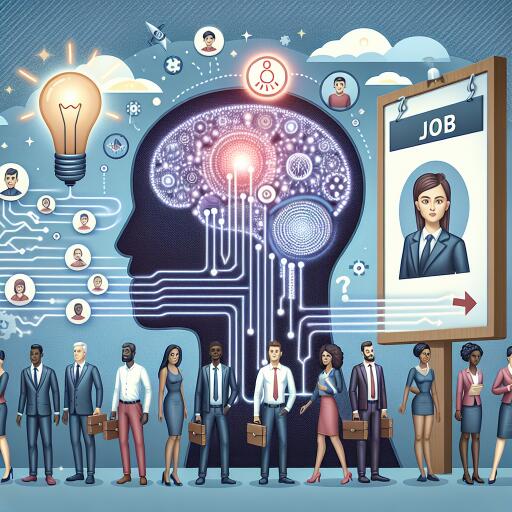Embracing AI for a Brighter Work Future: Insights from McKinsey Research
The integration of Artificial Intelligence (AI) into the workplace has sparked considerable debate, with many fearing the potential for job loss across various sectors. However, a comprehensive study by the McKinsey Global Institute sheds light on the actual impact of AI, offering a more nuanced perspective. Dr. Michael Chui, a notable figure in McKinsey’s examination of disruptive technologies, suggests that AI predominantly enhances rather than replaces human work.
Dr. Chui likens the advent of AI in the workforce to historical instances where technology has augmented human capabilities, endowing workers with “superpowers” in their respective fields. From automating mundane tasks to revolutionizing complex processes, AI’s potential to empower rather than displace is becoming increasingly apparent.
Deconstructing Job Automation
McKinsey’s approach to understanding AI’s impact involves analyzing specific tasks within occupations, rather than the jobs as a whole. This detailed research indicates that AI is more likely to automate individual tasks than entire positions. For instance, generative AI tools like ChatGPT are transforming industries, enhancing capabilities in programming, designing, legal analysis, and scientific research.
By 2030, it’s estimated that 30% of working hours in the United States could be automated, a significant increase from the current 21%. Dr. Chui stresses the importance of reskilling, urging employers, policymakers, and communities to establish clear pathways for workers to adapt to these changes.
Varied Impacts Across Industries
The degree of disruption will vary across sectors, with routine, data-heavy, and customer service jobs facing the greatest automation. Industries such as office support and food services may see substantial shifts, urging a reevaluation of roles like clerks, cashiers, and customer service representatives.
Yet, AI’s influence is not confined to lower-wage jobs. Professions in writing, law, and consultancy will also see a shift, emphasizing the universal need for adaptation. Despite this, AI-driven growth in areas like healthcare and e-commerce offers a counterbalance to job displacement, highlighting the dynamic nature of the AI impact.
Industries at the Forefront of AI Innovation
McKinsey identifies several sectors, including marketing, software development, and R&D, where AI has the potential to significantly boost productivity. The banking sector, for instance, stands to gain from AI in enhancing customer interactions, while life sciences could see accelerated drug discovery processes.
Adapting to AI’s evolving landscape requires both individuals and organizations to invest in continuous learning and skills development. A skills-based labor market could facilitate smoother career transitions, promoting inclusivity and opportunity.
Leveraging AI as a Tool for Augmentation
Dr. Chui encourages a proactive approach to AI, advising workers to become familiar with AI tools to improve their productivity and problem-solving capabilities. Employers, in turn, are urged to redefine job roles, prioritize meaningful tasks, and consider innovative working solutions to maximize AI’s benefits.
While the fear of job displacement looms large, McKinsey’s research offers a road map for navigating the changes brought by AI. Through proactive adaptation, skill development, and leveraging AI as a tool for augmentation, both individuals and industries can look towards a future where technology and human ingenuity converge for the better.
As we march into this new era, embracing AI’s potential to transform the workforce is not just advisable but essential. Understanding and leveraging AI’s capabilities will play a crucial role in shaping the future landscape of employment, ensuring resilience and growth in the face of technological advancement.










